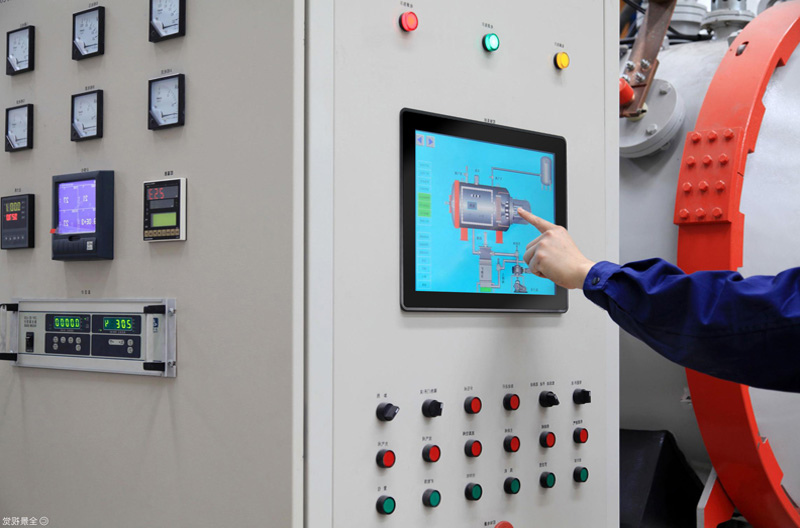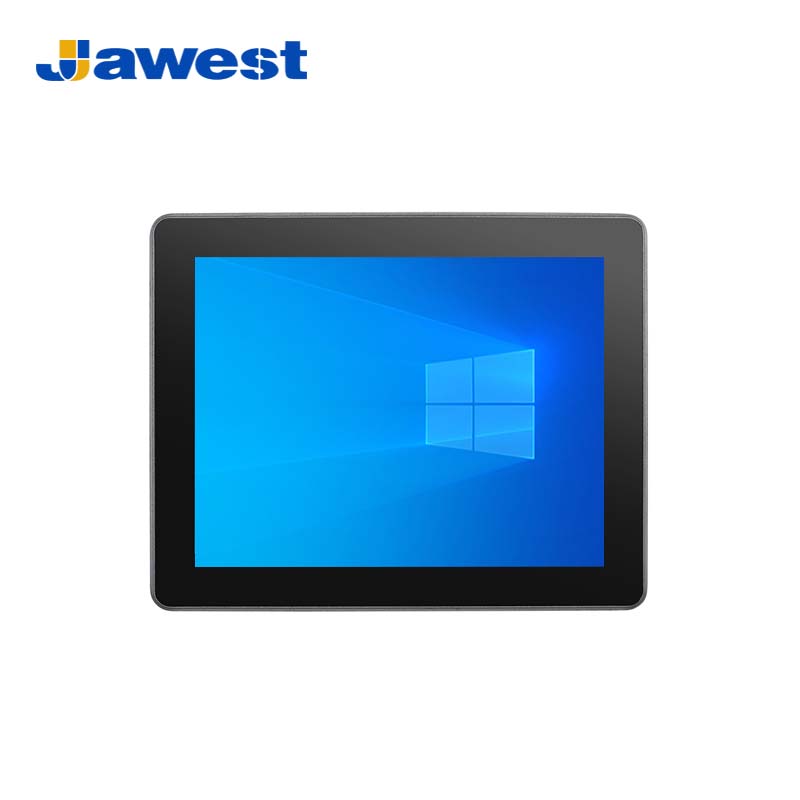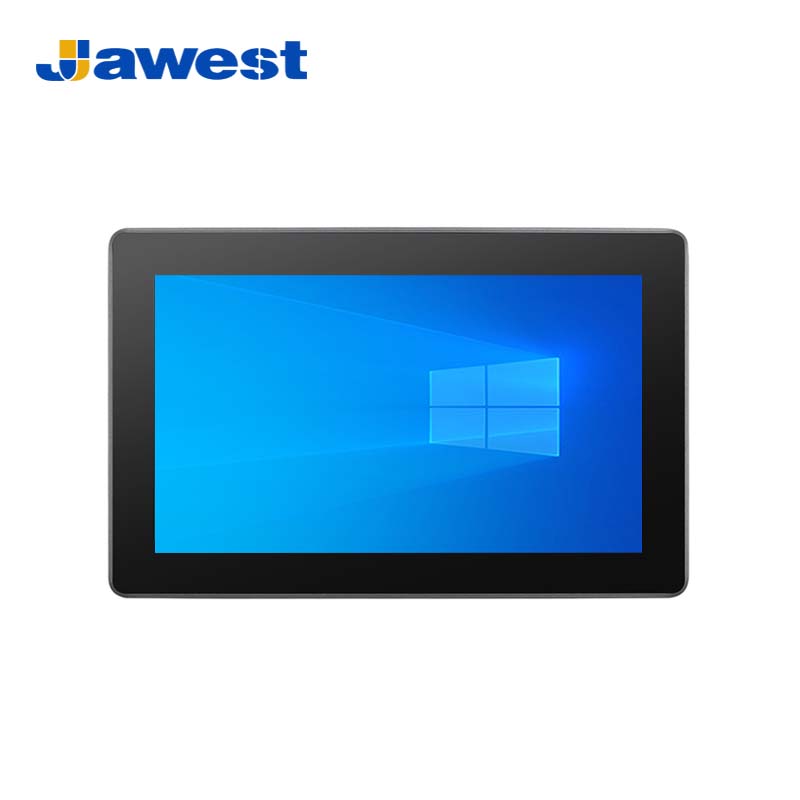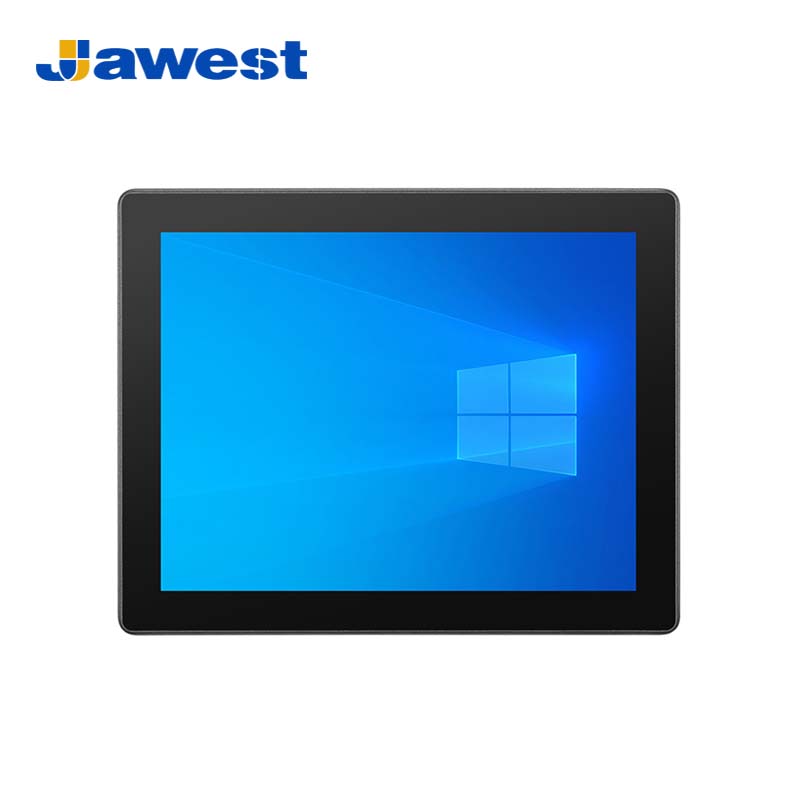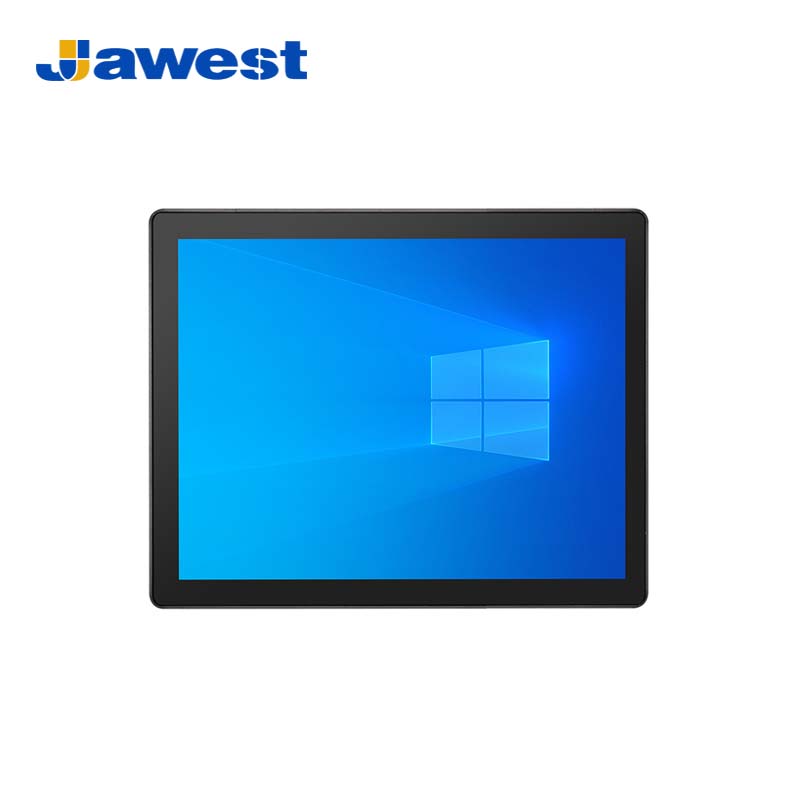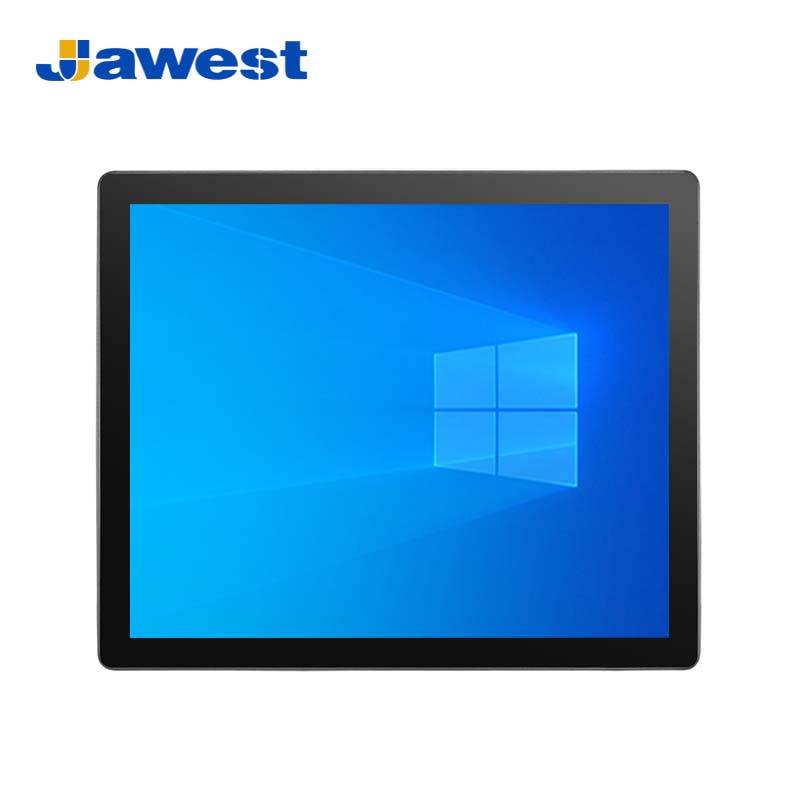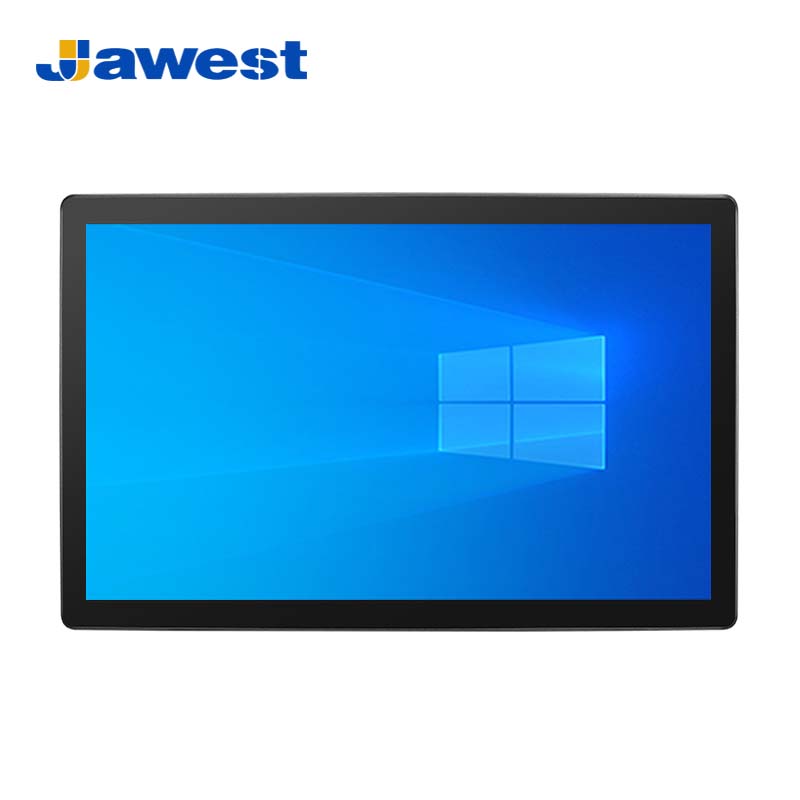Industrial panel PCs play a crucial role in electric cabinets by providing robust control, monitoring, and data processing capabilities. Here are some key ways in which they are used:
1. Centralized Control and Monitoring
Industrial panel PCs serve as the central hub for controlling and monitoring all the electrical components within the cabinet. They provide a user-friendly interface for operators to oversee the entire system, including circuit breakers, relays, and other control devices.
2. Human-Machine Interface (HMI)
The touchscreen interface of panel PCs allows operators to interact with the electrical system easily. They can view real-time data, adjust settings, and respond to alerts and notifications directly from the PC. This improves operational efficiency and reduces the risk of errors.
3. Data Acquisition and Processing
Panel PCs collect data from various sensors and devices within the electric cabinet. This data is processed in real-time to monitor the status and performance of the electrical system. Parameters such as voltage, current, temperature, and power consumption are tracked continuously.
4. Automation and Control
Industrial panel PCs enable the automation of various processes within the electric cabinet. They can control the operation of switches, relays, and other components based on predefined logic and conditions. This automation ensures consistent performance and reduces the need for manual intervention.
5. Alarm and Event Management
These PCs are equipped with software that can detect and manage alarms and events. When an abnormal condition is detected, such as an overload or fault, the panel PC can trigger alarms, log the event, and execute predefined corrective actions. This enhances the safety and reliability of the electrical system.
6. Integration with SCADA and PLC Systems
Industrial panel PCs can integrate with Supervisory Control and Data Acquisition (SCADA) systems and Programmable Logic Controllers (PLCs). This integration allows for seamless communication and data exchange between different parts of the control system, enhancing overall system functionality and efficiency.
7. Data Logging and Reporting
Panel PCs store extensive logs of operational data, alarms, and events. This historical data is valuable for troubleshooting, maintenance, and compliance purposes. Reports can be generated to analyze performance trends and ensure that the system meets regulatory requirements.
8. Remote Monitoring and Management
Advanced panel PCs support remote access capabilities, allowing operators and technicians to monitor and manage the electric cabinet from remote locations. This is particularly useful for large facilities or distributed systems, where centralized control is necessary.
9. Security and Access Control
Panel PCs can enhance the security of electric cabinets by implementing access control measures. Only authorized personnel can access certain functions or make changes to the system settings. This prevents unauthorized access and tampering with critical electrical components.
10. Environmental Monitoring
Many electric cabinets are located in environments where conditions such as temperature, humidity, and dust need to be monitored. Panel PCs can collect data from environmental sensors and ensure that the conditions within the cabinet remain within safe limits, protecting the equipment from damage.
Applications in Electric Cabinets:
● Power Distribution: Managing and monitoring power distribution systems, ensuring reliable delivery of electricity.
● Industrial Automation: Controlling and automating machinery and processes in manufacturing and industrial settings.
● Renewable Energy: Monitoring and controlling electrical components in solar, wind, and other renewable energy systems.
● Building Management: Overseeing the electrical systems in commercial and residential buildings, including HVAC, lighting, and security systems.
● Utilities and Infrastructure: Managing electrical systems in utilities such as water treatment plants, telecommunications, and transportation networks.
Benefits:
Improved Reliability: Continuous monitoring and automated control reduce the risk of failures and downtime.
Enhanced Efficiency: Real-time data processing and automation streamline operations and improve overall efficiency.
Safety: Prompt detection of faults and abnormal conditions enhances the safety of the electrical system.
Flexibility: Customizable software solutions allow for tailored control and monitoring based on specific application needs.
Cost Savings: Reduced maintenance costs and improved operational efficiency result in overall cost savings.
In summary, industrial panel PCs in electric cabinets provide essential control, monitoring, and automation capabilities, enhancing the reliability, efficiency, and safety of electrical systems across various applications.




